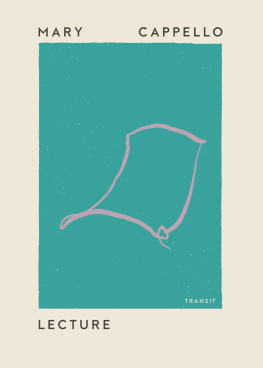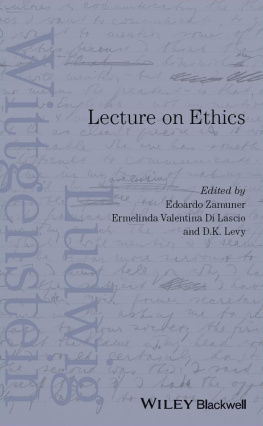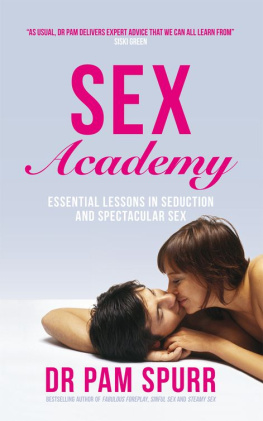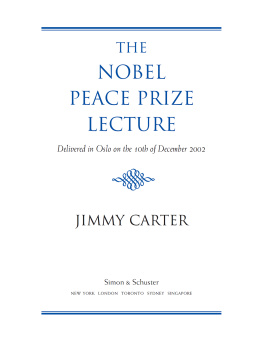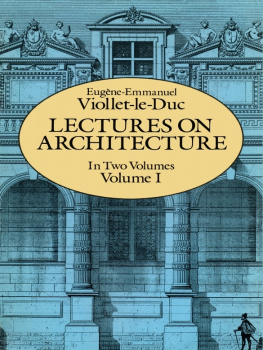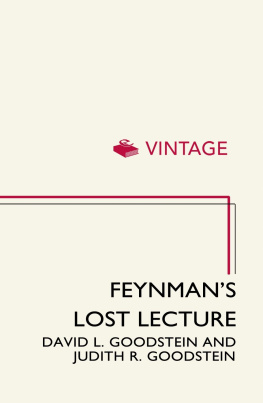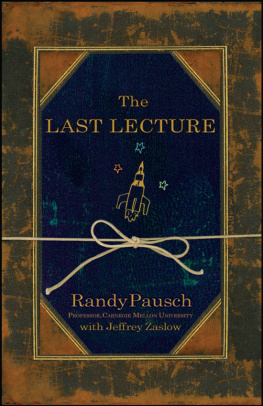
LECTURE
Mary Cappello

Published by Transit Books
2301 Telegraph Avenue, Oakland, California 94612
www.transitbooks.org
Copyright Mary Cappello, 2020
LIBRARY OF CONGRESS CATALOGING-IN-PUBLICATION DATA
Names: Cappello, Mary, author.
Title: Lecture / Mary Cappello.
Description: Oakland : Transit Books, 2020. | Series: Undelivered lectures | Includes bibliographical references.
Identifiers: LCCN 2020010036 (print) | LCCN 2020010037 (ebook) | ISBN 9781945492426 (paperback) | ISBN 9781945492464 (ebook)
Subjects: LCSH: Lectures and lecturing. | Listening. | Public speaking.
Classification: LCC PN4193.L4 C37 2020 (print) | LCC PN4193.L4 (ebook) | DDC 808.5/1--dc23
LC record available at https://lccn.loc.gov/2020010036
LC ebook record available at https://lccn.loc.gov/2020010037
COVER DESIGN
Anna Morrison
TYPESETTING
Justin Carder
DISTRIBUTED BY
Consortium Book Sales & Distribution
(800) 283-3572 | cbsd.com
Printed in the United States of America
9 8 7 6 5 4 3 2 1
All rights reserved. This book or any portion thereof may not be reproduced or used in any manner whatsoever without the express written permission of the publisher except for the use of brief quotations in a book review.

| This project is supported in part by an award from the National Endowment for the Arts. |
for Martin Leonard Pops (1934-2011) and his lecturing art
CONTENTS
For what can be oppressive in our teaching is not, finally, the knowledge or the culture it conveys, but the discursive forms through which we propose them And I am increasingly convinced, both in writing and in teaching, that the fundamental operation of this loosening method is, if one writes, fragmentation, and, if one teaches, digression, or, to put it in a preciously ambiguous word, excursion.
Roland Barthes, Lecture In Inauguration of the Chair of Literary Semiology, Collge de France, January 7, 1977
I used to think I wrote because there was something I wanted to say. Then I thought, I will continue to write because I have not yet said what I wanted to say; but I know now I continue to write because I have not yet heard what I have been listening to.
Mary Ruefle, Madness, Rack and Honey: Collected Lectures
I. WHY LECTURE?
In 1934, in curious approximation of a correspondence between Sigmund Freud and Albert Einstein, titled, Why War?, Virginia Woolf published an essay with the cryptic title, Why? It was a call to bring the then over-abundance of lectures and lecturing to an end: if print media had replaced the lecture, why must we still attend lectures? Why lecture, why be lectured? At the heart of Woolfs essay lodges an unforgettable aphorism that goes: Now the human voice is an instrument of varied power; it can enchant and it can soothe; it can rage and it can despair; but when it lectures it almost always bores. Of course Woolfs essay, which quite possibly began as a lecture, does not bore. It is shot through with humor and novelistic mise en scnes; it is punctuated with fury and a series of ever-mounting repetitions that sound and resound into a magnificent rallying cry against the lecture and lecturing.
Why, Woolf asks, continue an obsolete custom which not merely wastes time and temper, but incites the most debased of human passionsvanity, ostentation, self-assertion, and the desire to convert? Why encourage your elders to turn themselves into prigs and prophets, when they are ordinary men and women? Why force them to stand on a platform for forty minutes while you reflect upon the colour of their hair and the longevity of flies? Why not let them talk to you and listen to you, naturally and happily, on the floor? Why not create a new form of society founded on poverty and equality? Why not bring together people of all ages and both sexes and all shades of fame and obscurity so that they can talk, without mounting platforms or reading papers or wearing expensive clothes or eating expensive food? Would not such a society be worth, even as a form of education, all the papers on art and literature that have ever been read since the world began? Why not invent human intercourse? Why not try?
I am totally with Virginia Woolf in wanting to create a new form of colloquy, to move with others and across affiliations in the collective formation of ideasto converseto arrive at a dwelling in common where real discussion can be had; but, rather than ask why lecture with Woolf, I want to know if it is possible to re-inhabit what was great and stirring about the lecture when it was a form of art. This requires restoring the lectures affiliation with the essay, not, in the process, to arrive at a lecture that comes to its point, and does so with dazzling aplomb, but to re-value wandering ways: to distinguish the boredom that lectures characteristically instill from the even-hovering attention they can incite; to court the counter-intuition of going on a journey with a wandering guide, then to share what is noticedthe marginal, the ephemeralprecisely because of the way that lecture holds you, as the necessary effect of its hover and drift.
Midway between a sermon and a bedtime story, the lecture is knowledges dramatic form.
Nonfictions lost performative: the lecture.
Cousin to the essay, or its precursor: that non-genre that allows for untoward movement, apposition, and assemblage, that is one part conundrum, one part accident, and that fosters a taste for discontinuity.
Now its possible that no one who has been lectured to would wish to ponder this with methe lecture as lost and forgotten literary formbecause the to in the first place would have dispirited him. I mean, nothing about the poor lecturing habits most of us have fallen heir to would make us want to hang around and contemplate what had just happened from the vantage of our seat in the proverbial hall. To is just as bad as at where the lecture is concerned: in each case, you and I feature as a wall of sorts to which wet strands of spaghetti, once flung, might or might not stick. Moving in and around, behind and before, but never at; more circular than square, occasionally spiraling and looped, compressed and exhibited, exposing and exposedthats the lecture I wish to contemplate of the still-to-be.
But why? As Woolf might ask. Why here? Why now?
In 2017 when I delivered the lecture from which this little book has grown, I found myself saying that as women weve still to take back the night, to say nothing of the lectern. We need to take back the lectern from Sean Spicer who uses the lectern as a prototype for his boss wall, or as Melissa McCarthy instructs us, as a weapon: a literal bludgeon. Dont lecture me! Now lecture has a superannuated superego effect. When lecture becomes a homonym for hector, we know weve fallen on bad times. I prefer intone as the lectures operative verba lecture as an intonation on an invitation toward fill in the blank, fill in the verb.
Why turn our attention in the direction of the lecture? Because, no matter if were writers or readers, students or teachers (and Id venture to guess were all always both, in or out of a classroom, in politics or in love), we want always to be rediscovering the forms that are at our disposal. To take nothing for granted. Its not enough to be conversant with the very modes by which the order of things is understood, conveyed, and shaped. We need actively to re-invent those. Following Michel Foucault, we want to grasp the implicit systems which determine our most familiar behavior without our knowing it [and thereby] make the cultural unconscious apparent. To put into question our modes of enactment and conveyance, even to revolutionize them.
Next page
